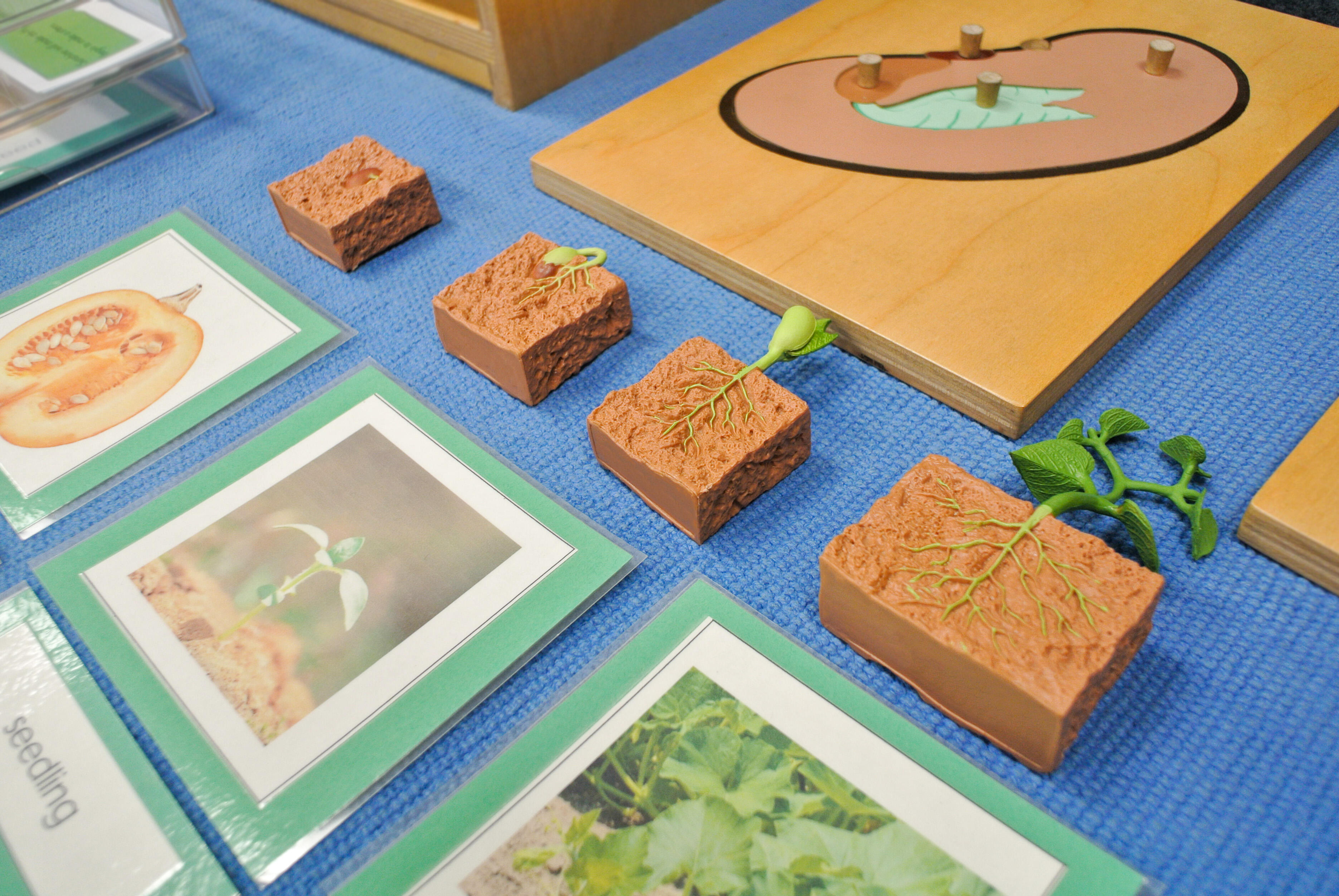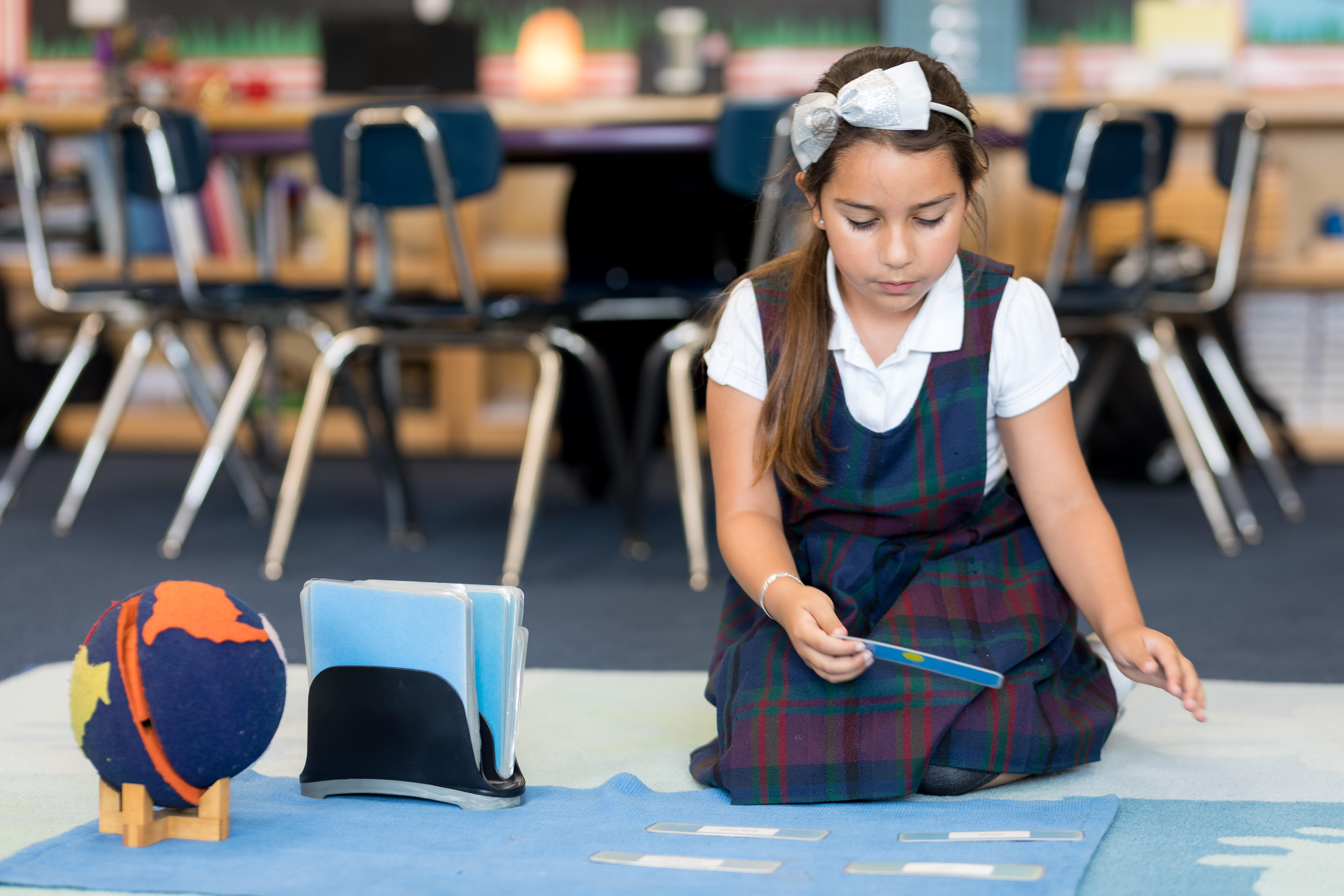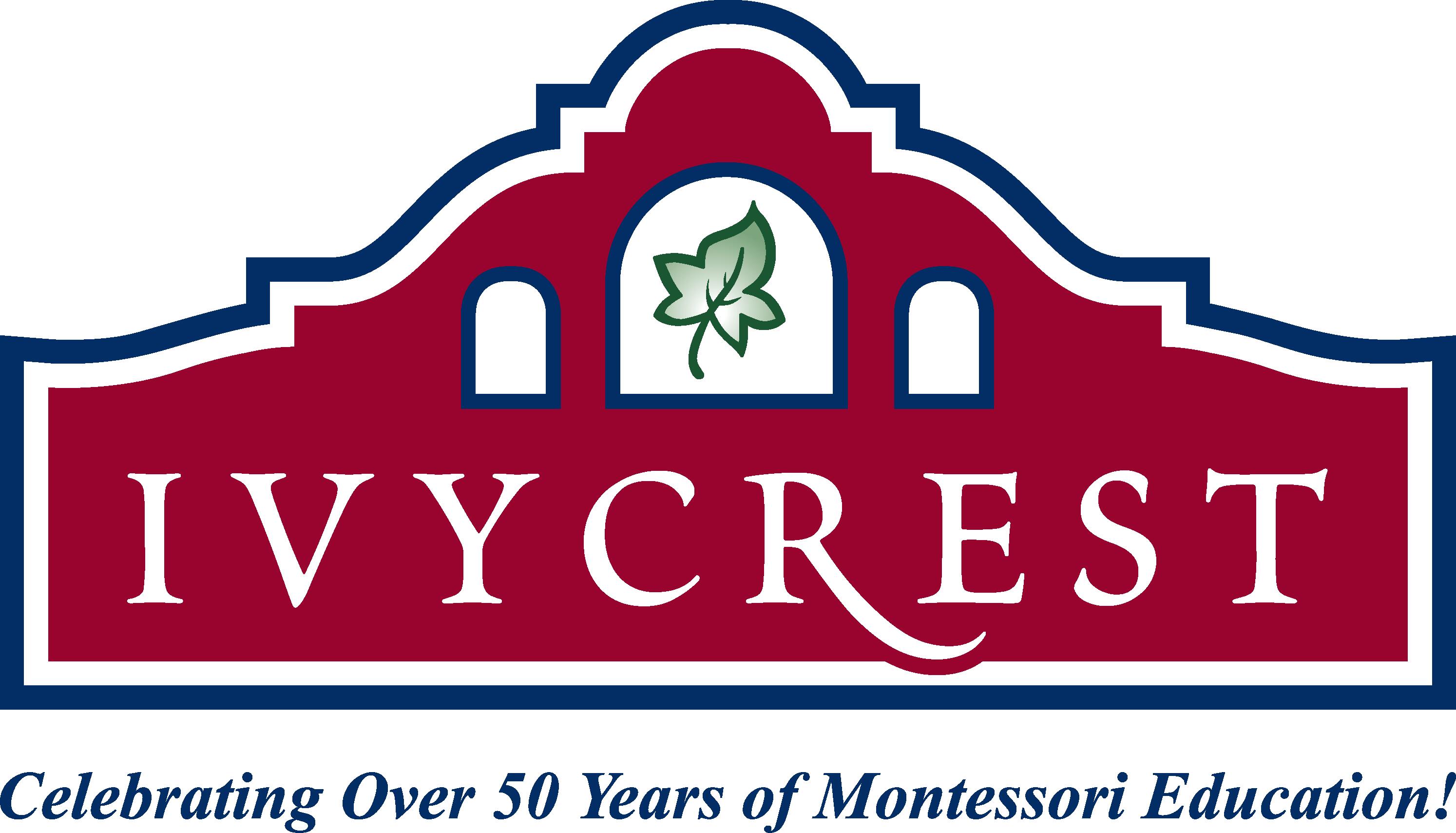Upper Elementary
Upper Elementary Program (ages 9-12)
Upper elementary children become the explorers of the world and universe. The focus of interest shifts from the "what" of the younger child, to the "how" and "why" of the older child as they seek to define the wonders of the world. The primary tool of this exploration is imagination assisted by reason. This is the period of life in which the elements of all sciences should be given to every student. Our curriculum offers a wide variety of challenging activities that promote a sense of independence and respect. A community outreach program is integrated into our program to widen the children's awareness and social responsibility to the community.
Language:
Our language program creates a psychological flow of learning that begins with communication, grammar, writing, and reading. Students are encouraged to express their feelings, ideas, and hopes orally, which leads to another form of expression: writing. Children begin to write their autobiographies through a compilation of stories they compose from their own life experiences. In addition, they perform extensive research and prepare book reports. Mastering the parts of speech includes practice starting with the noun family, verb family, classification of words, and finally to exploration of sentence analysis focusing on simple, compound, and complex sentences including prose and verse.
Mathematics:
Dr. Montessori's approach to teaching math is based on the principle of developing the "mathematical mind." Our program reinforces basic concepts governing the four fundamental operations using bank games, stamp games, bead frames, checkerboards, and division test tubes. This solid foundation leads to higher level thinking and analysis through an extensive study of fractions, power of numbers, interest, percentage, decimal numbers, square root, and cube root.
Geometry:
Our program focuses on construction, characteristics, and the relationships of plane figures such as lines, angles, triangles, quadrilaterals, polygons, and circles. Then, utilizing geometry insets, constructive triangles, and insets of equivalency, students explore congruency, similarity, and equivalency. Furthermore, they begin undertaking more activities such as finding area, perimeter, and volume, as well as relationships and theorems.
Botany:
Students study the parts and functions of trees, flowers, leaves, roots and stems leading to the understanding of life relationships. Using our impressionistic botany charts, the children are shown the needs and the vegetative functions of the plants. They will also begin a detailed study of plant classification.
Zoology:
This program illustrates the evolution of life from unicellular organisms to the most complex on our earth. It begins with classification of vertebrates and invertebrates, their parts, and needs. Advanced study will include a comparative study between vertebrates and invertebrates, focusing on vital elements such as nutrition, respiration, circulation, support and movement, sensitivity and reproduction.
History:
The Montessori history program promotes the understanding that in our universe there is harmony, and that all things animate and inanimate have been instrumental in the creation of our world. Through the use of the Timeline of Man, students will study man's civilizations and achievements in culture and arts as well as the sciences. They will research and learn about the great men and women of our past who have contributed a part of their lives to bettering our society. Children come to value hard work and altruism, and learn what impact they will have on their own lives, others around them, and the generations to come.
Geography:
Dr. Montessori believed that geography is the unifying element for all cultures, and serves as the starting point for the study of other subjects including history, biology, physics and more. The Montessori geography program offers the entire world to a child. It begins with the study of globes, land-forms, continents, countries, and evolves to include the flags, cultures, and the study of one's own country. Parallel to the study of earth's formation, students explore the lithosphere, atmosphere, hydrosphere, and biosphere. Finally, a course in economic geography focuses on the global interdependence of man in our society. Dr. Montessori believed that if the children understand this concept, they will understand their role in the world.
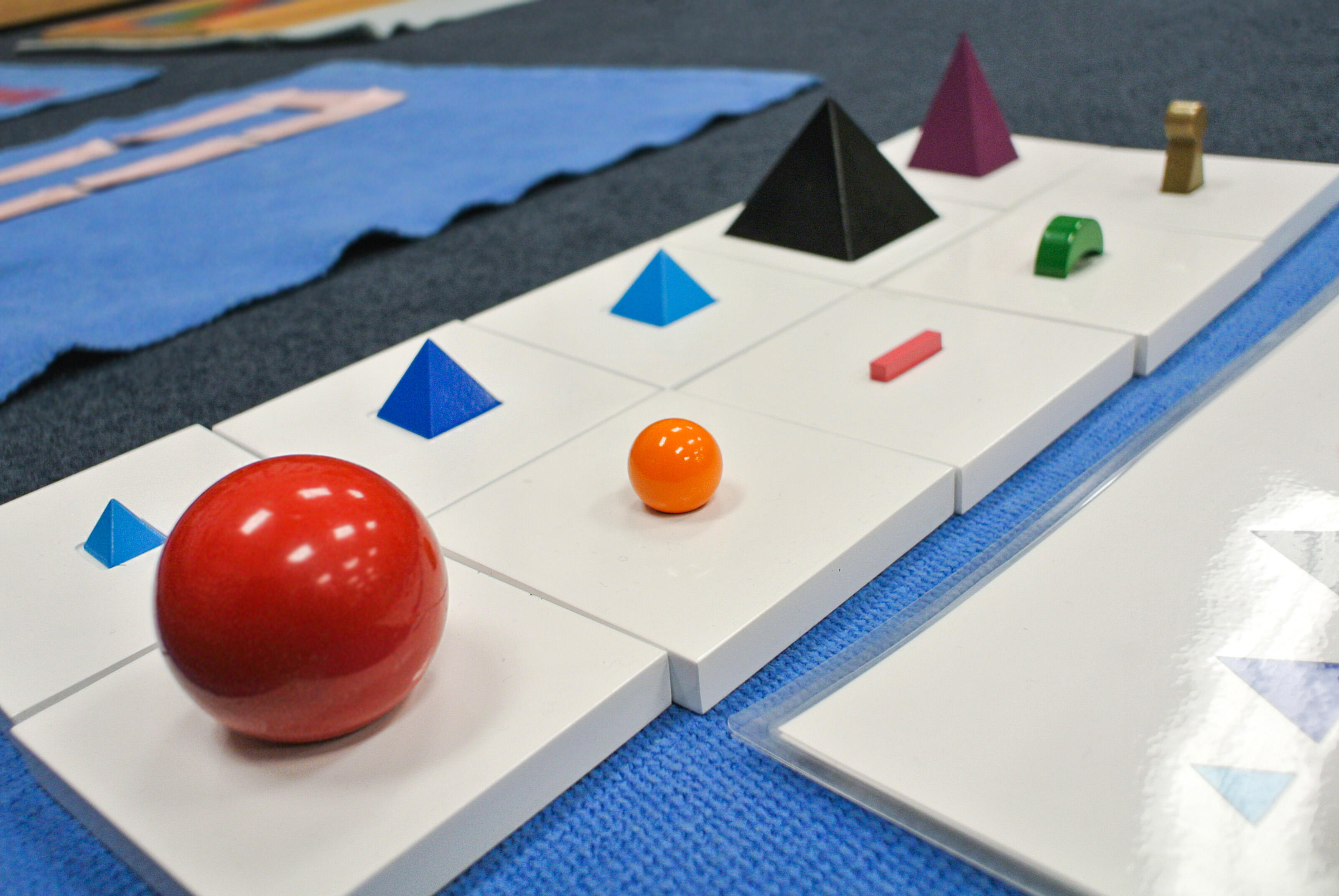
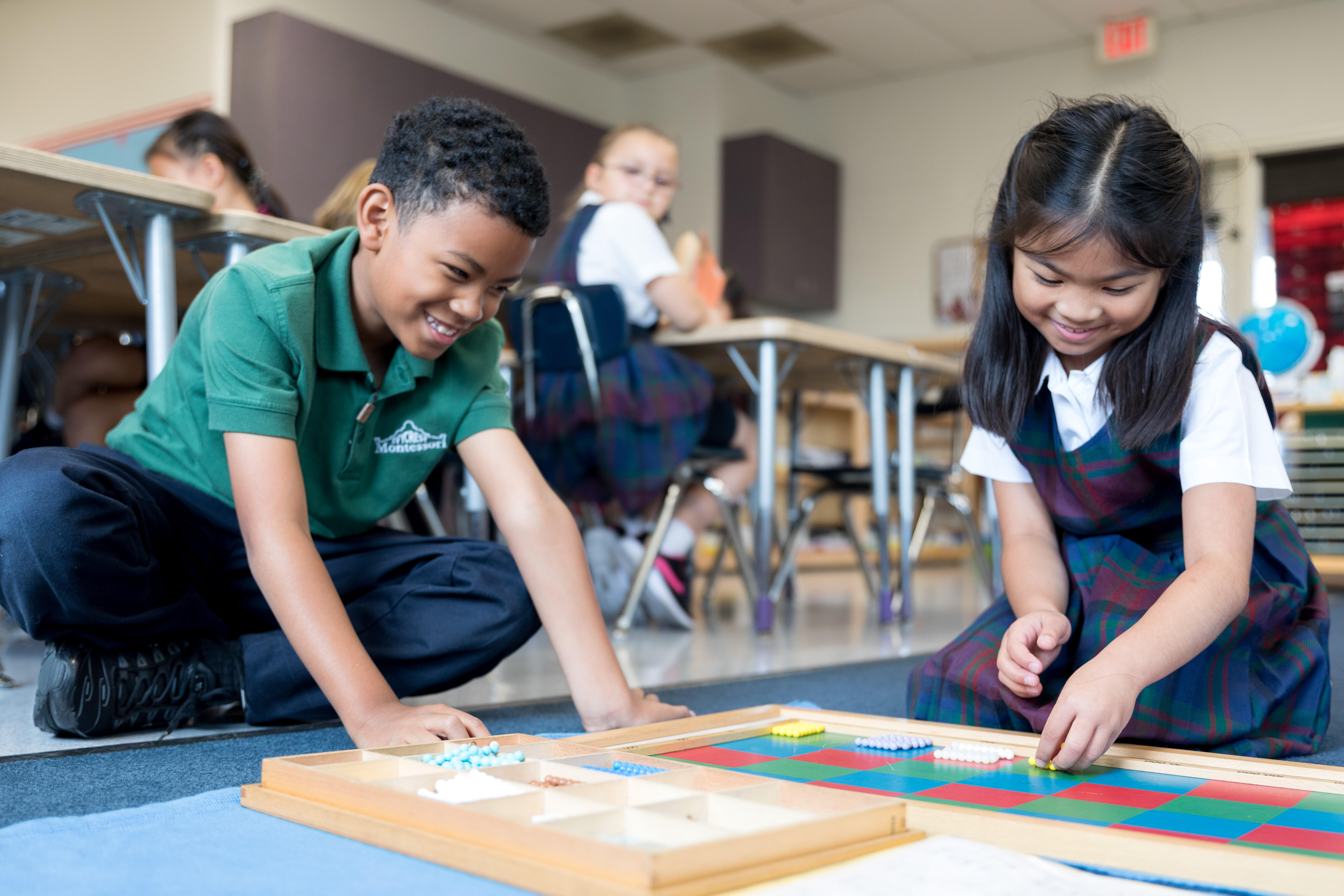
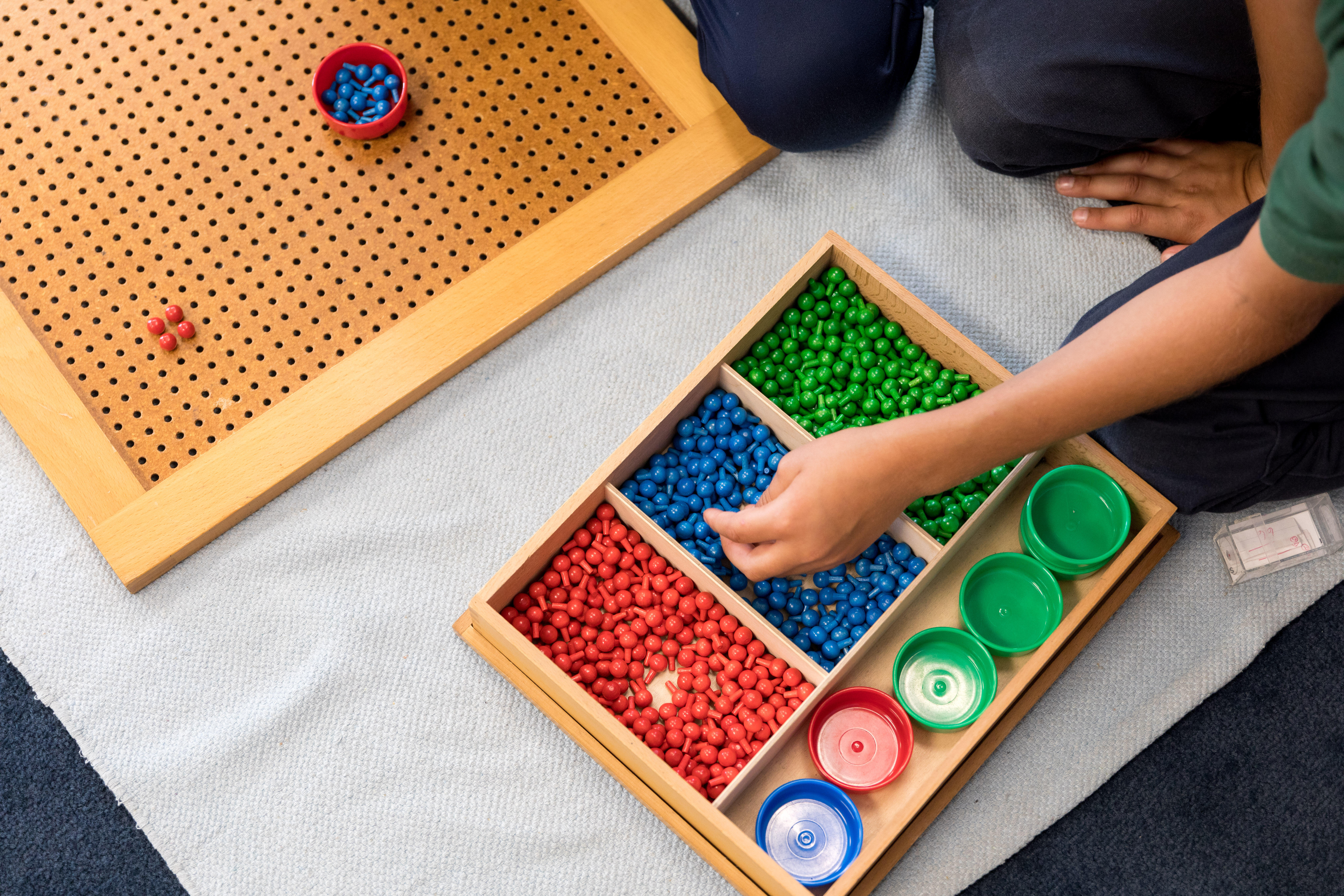
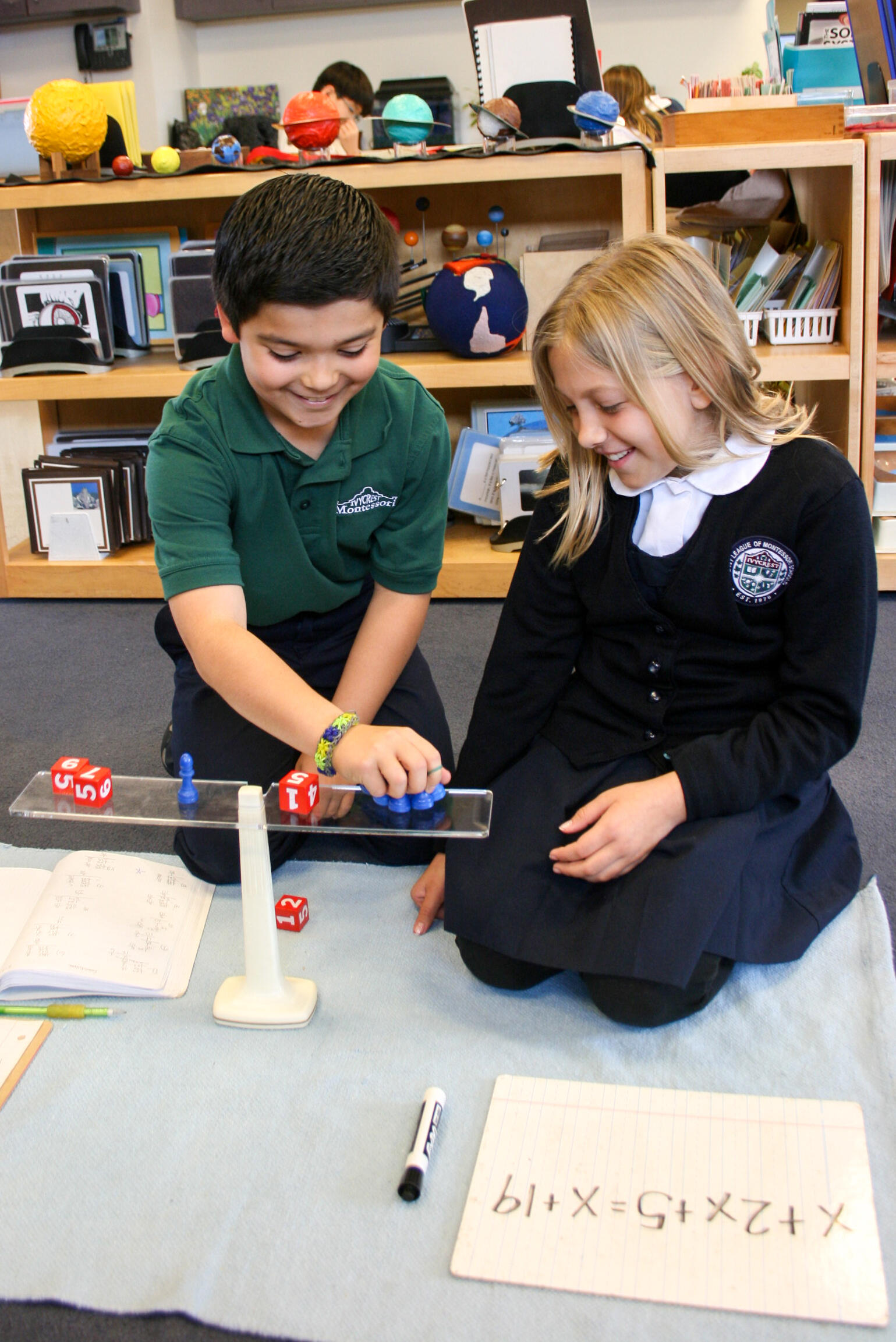
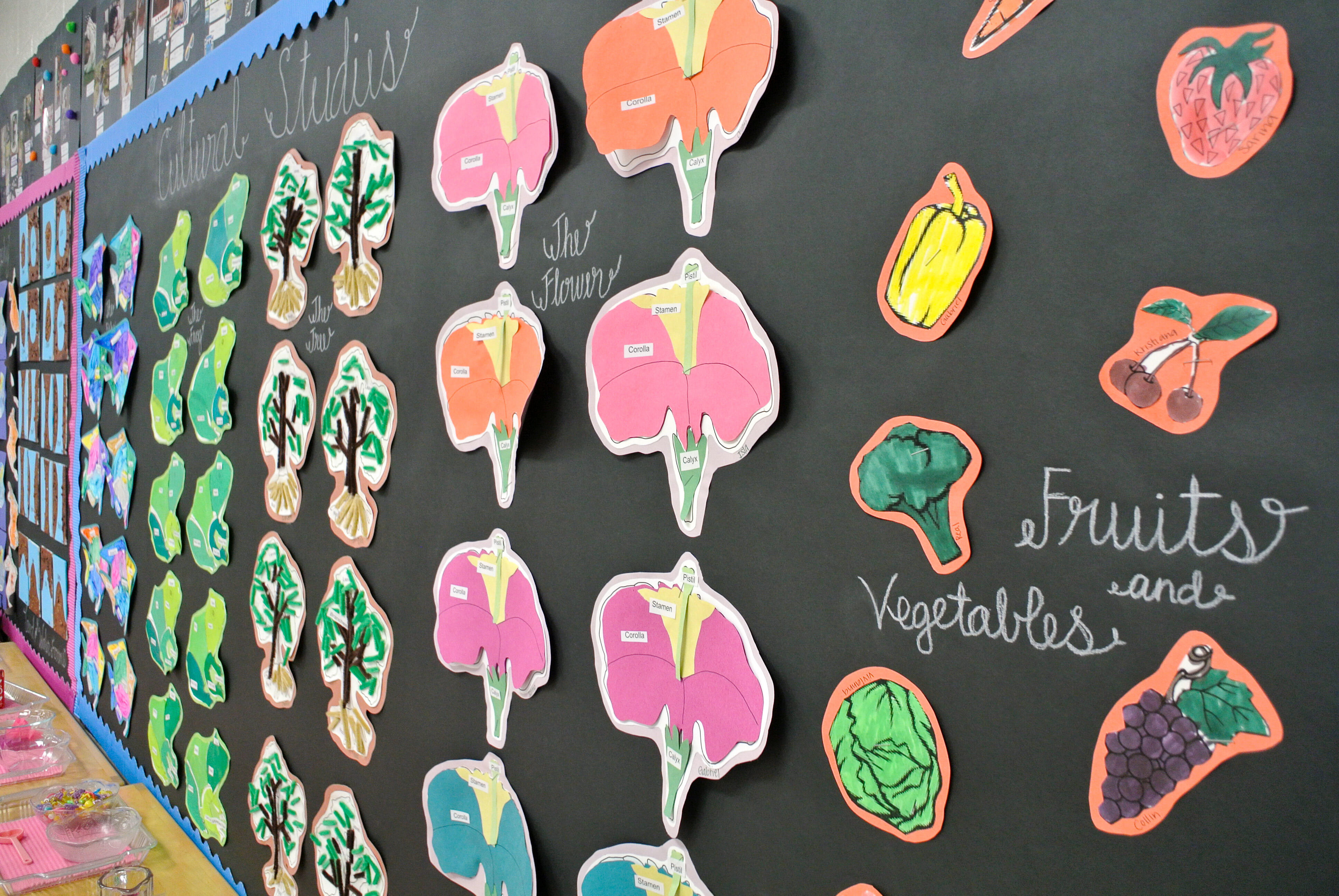
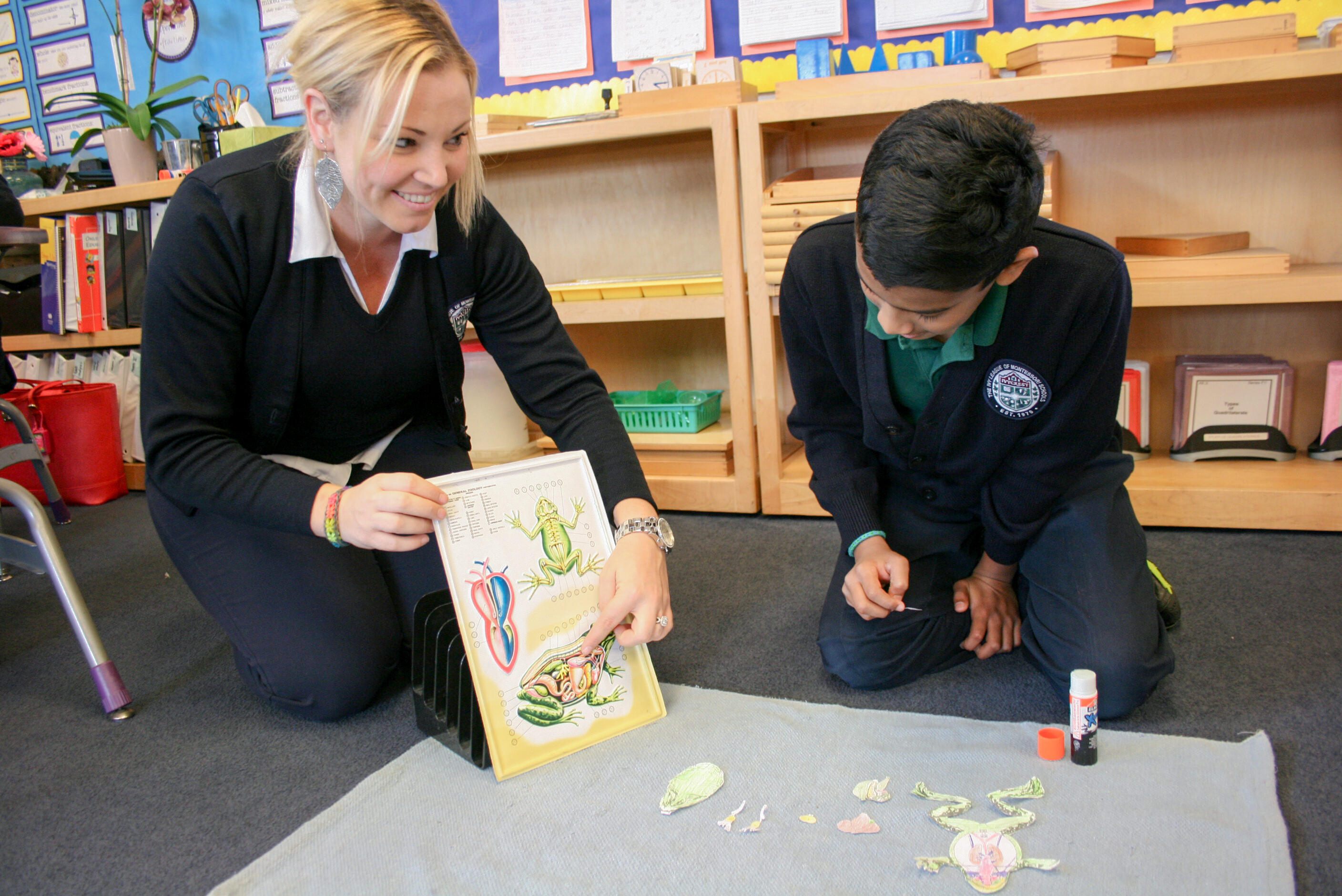
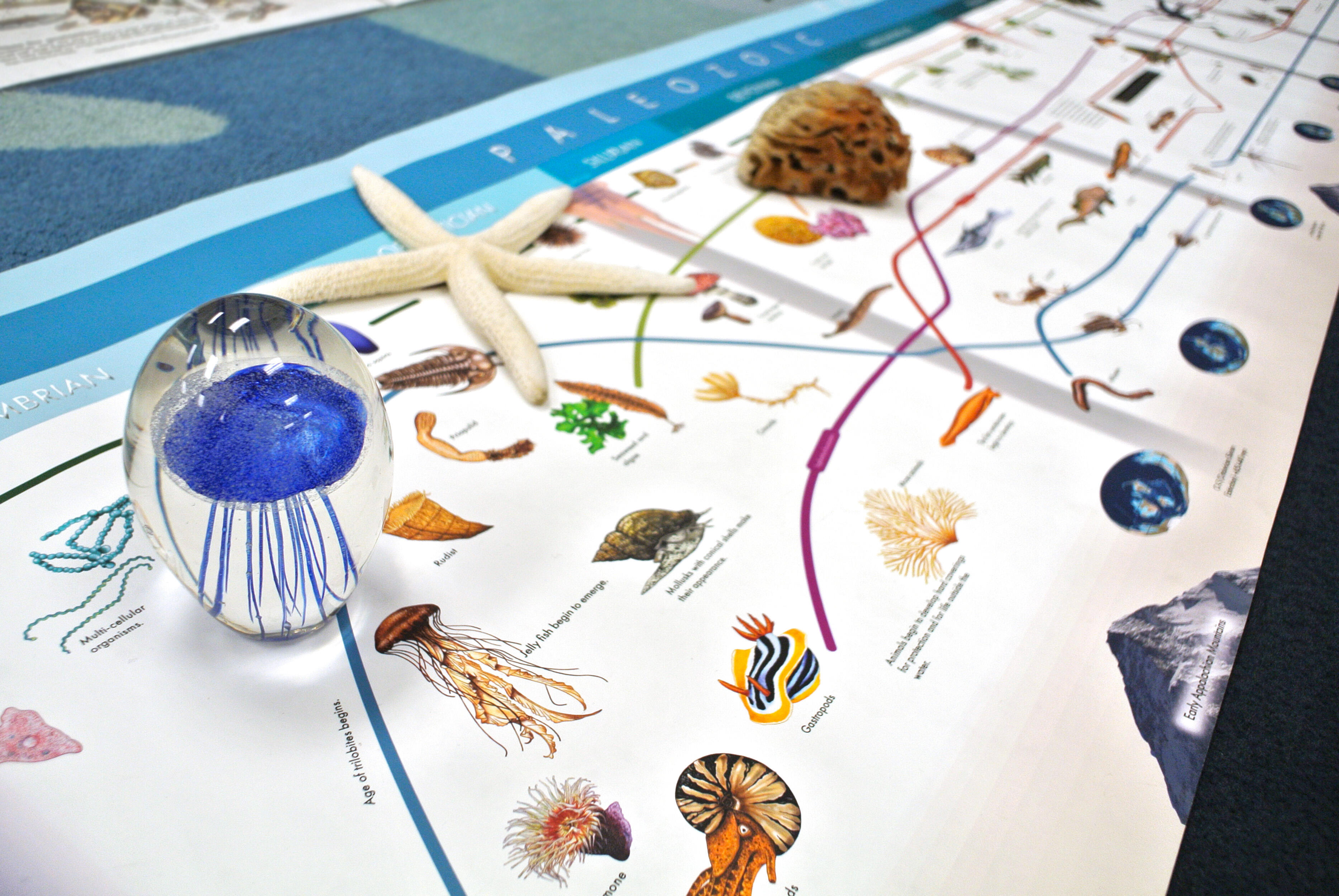
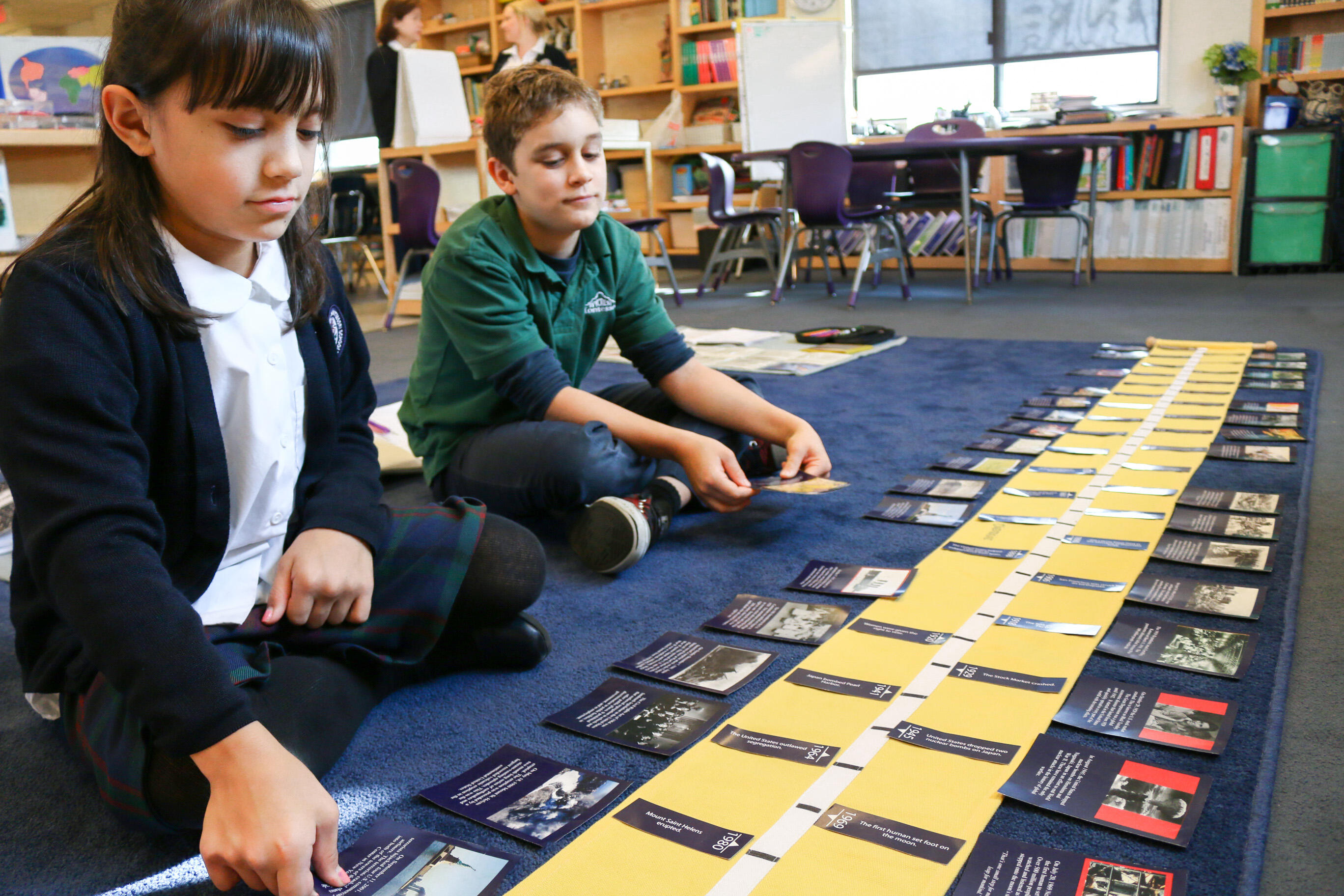
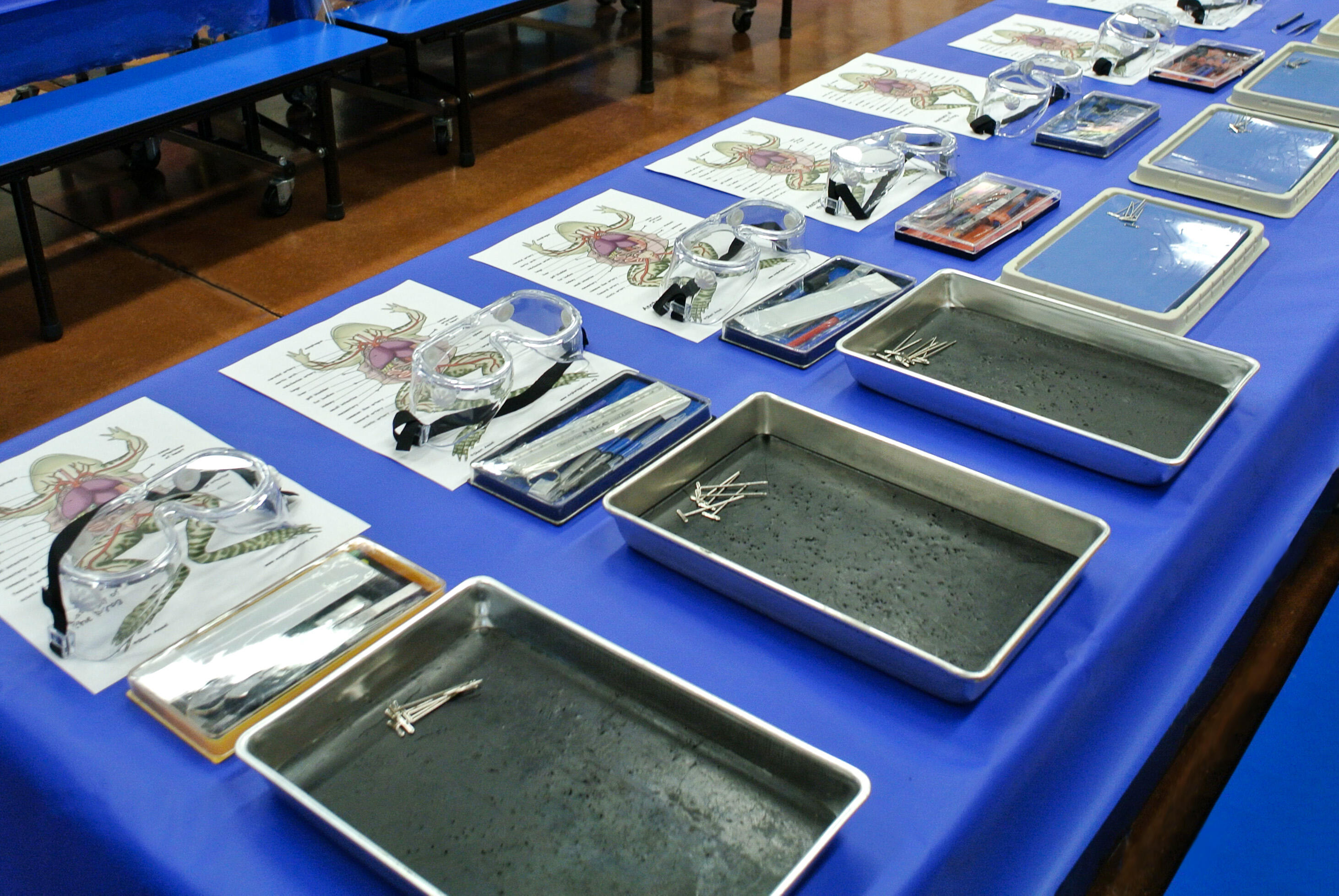
.jpg?mask=1)
